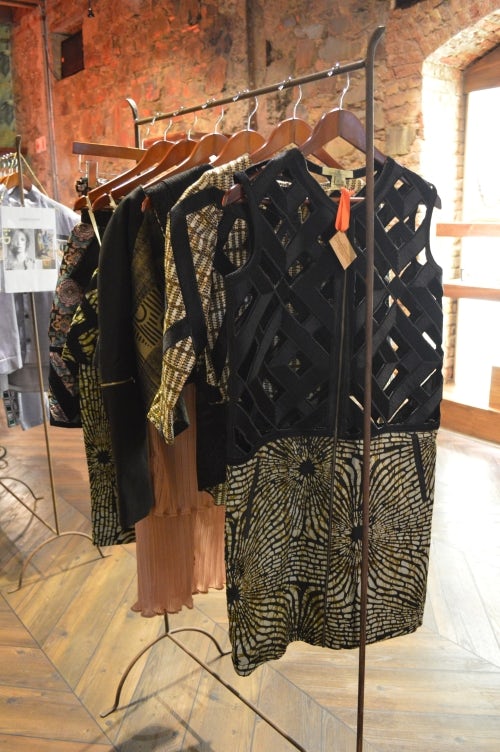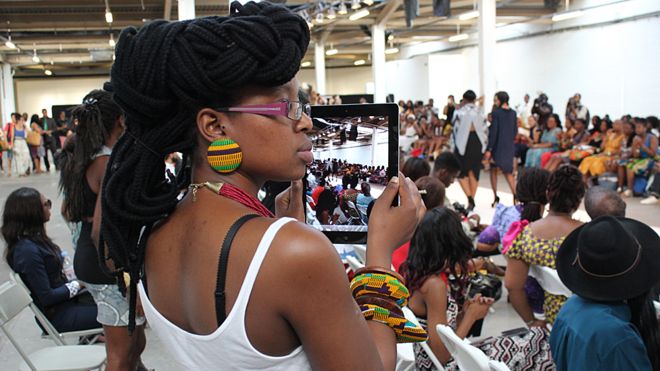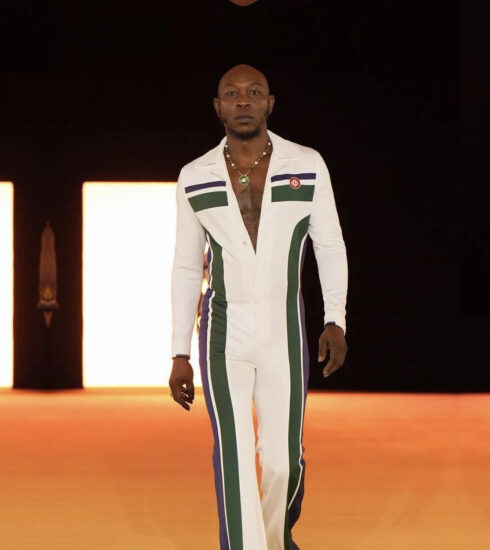Africa Fashion needs credible global Partners
When I think about African fashion, what comes to mind are proud men and women who manage to turn themselves out meticulously and elegantly regardless of their environment and circumstances.
I think about swathes of hand-loomed fabric that conveys centuries-old messages through the symbolic use of colour, codes and folding techniques.
In Africa, khakis have been designed to survive the elements and, as a result, they have almost become a part of the landscape. The colorful woven threads, the adinkra symbols into a fine Kente cloth from Kumasi and the Volta Region of Ghana, finest embroidered layers of feathers sourced from the ostrich barons of Oudtshoorn, trading shells from Dakar, hand-carved wood from Maputo, bone and beads from Nairobi — they are all imbued with mysticism, embellishment and meaning.
This vision of Africa as a unique source of luxury and creativity is something that we need to foster. We have an endless supply of stories to tell, the world’s finest natural resources at our fingertips and the manpower to make something out of them. The biggest problems we face are preconceived notions about the continent that create an unfair disconnect between Africa and luxury.
Starting from the top-down, we as investors and consumers have to alter that perspective by supporting African luxury in a number of ways. Above all, we must acknowledge that drawing associations between African fashion and charity is counterproductive.

Many of the partnerships out there between high profile designers and African entities have been nothing more than one-off collections in collaboration with craft groups or two-bit workshops. While the spotlight that they shine on Africa is welcome, frankly, some of these partnerships are lazy gimmicks and others are publicity stunts engineered for the benefit of the international brand rather than the Africans they profess to support.
Instead, the fashion brands who truly want to impact Africa’s entry into the global marketplace should openly move some of their end-process manufacturing to the continent. This route is certainly more challenging but it is the credible and serious route.
There is no good reason not to consider using the leather craftsmanship in Ghana, which is amongst the best in Africa. Or thinking about Cameroon and Ethiopia, which both have the capacity to make exceptional shoes. Top quality clothing CMTs (cut, make and trim facilities) are also gradually emerging on the continent and need international accounts.
Through partnerships such as these, the global fashion industry could bring substantial and meaningful opportunities to the continent, both in terms of job creation and sustainable development.

The best way to go about working in Africa is to employ people on the ground and to establish close relationships with local entities — not dissimilar to the way that fashion companies operate in places like Italy, tapping into hands-on work and taking advantage of local know-how.
Having said this, I prefer to see Africa’s future in fashion as more than a source for raw materials or a manufacturer for international brands; rather, it would involve supporting and collaborating with existing African brands.
It is wrong to assume that African consumers have a naive desire for international brands only. The luxury consumer certainly wants the best of the best — but he or she is even happier when that happens to be African in origin.
When sourcing for Merchants on Long, the African multi-brand store that I opened in 2010, my prerequisites for the brands that I stock are that they are traceable (specifically, that the product was made on the continent) and of a high quality. Ideally, they should be from locally-sourced materials and beyond that, I look for originality, authenticity, ethos and ethics.

Luckily, these elements seem to be inherent to the DNA of most African luxury brands, just as more and more luxury consumers from all over the world are already looking for these qualities in the brands they buy. Just think what could happen if more international fashion companies got interested, involved and invested in Africa.







